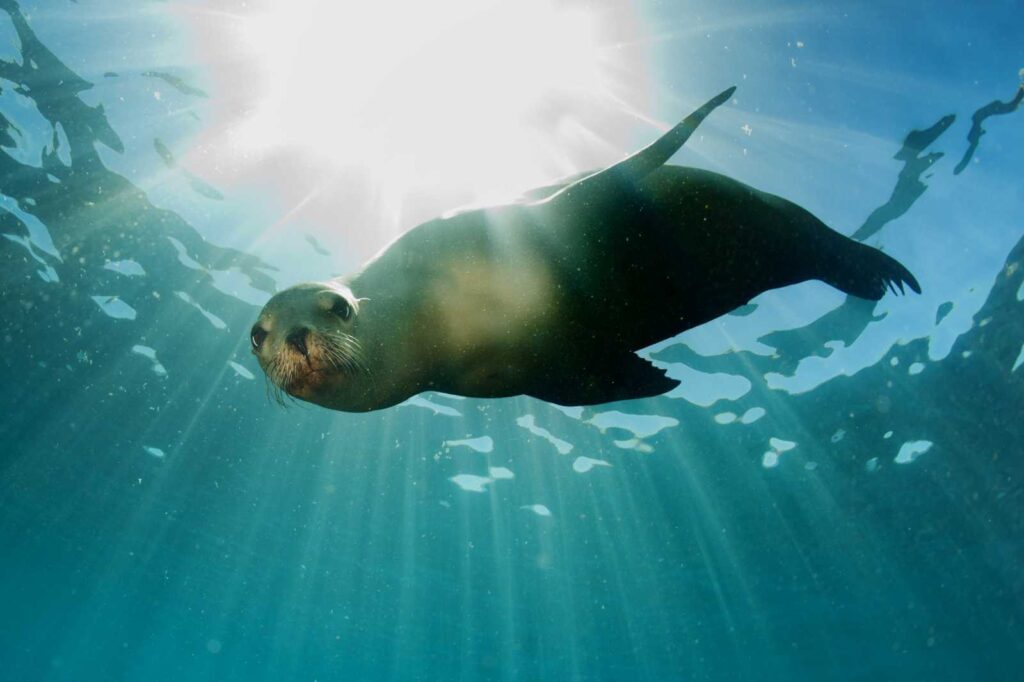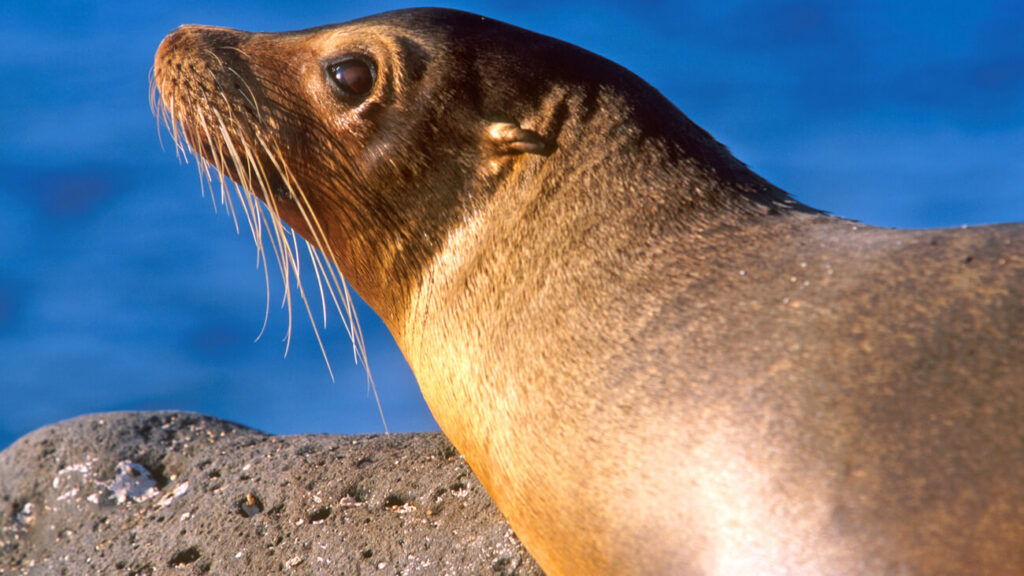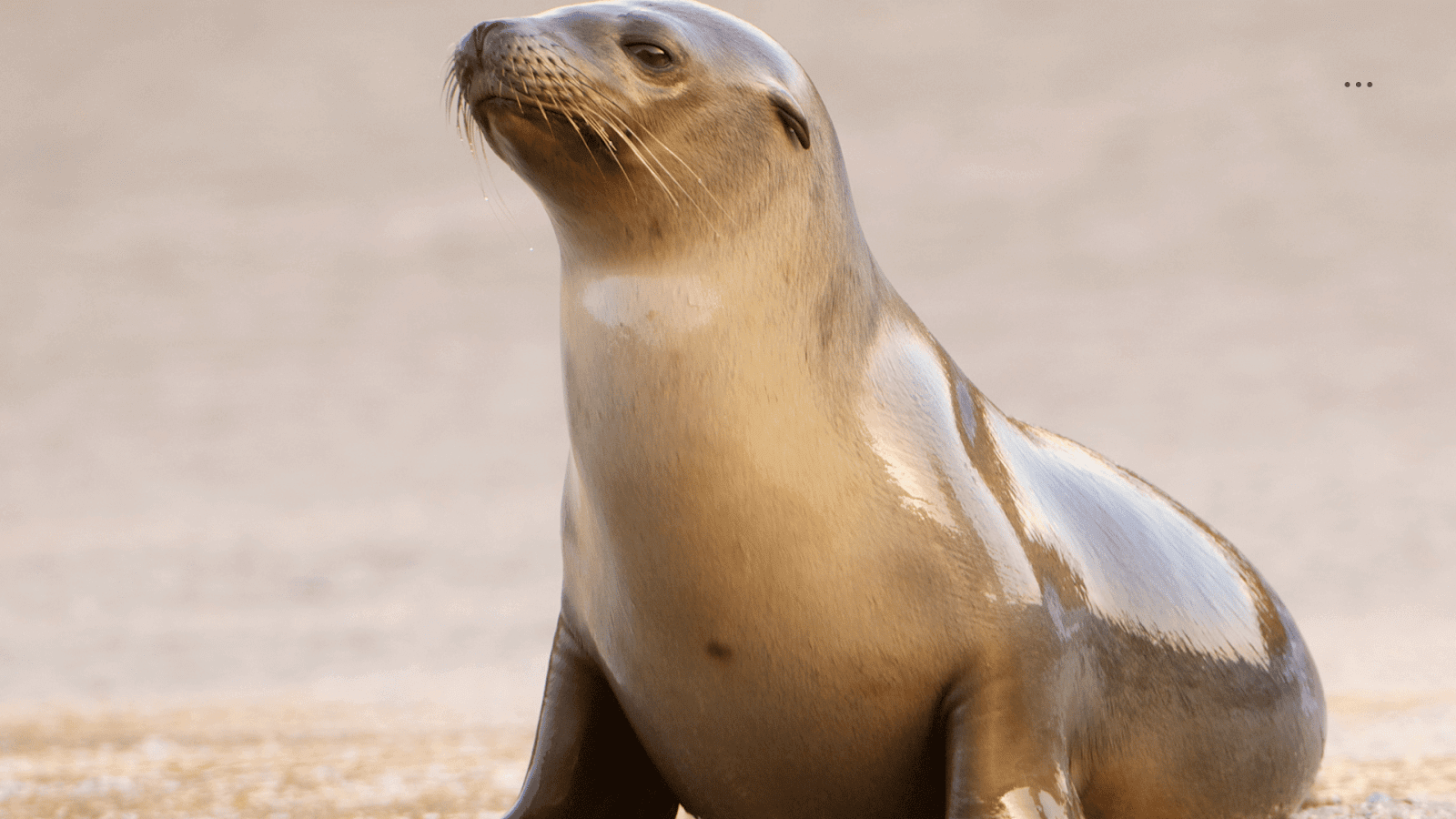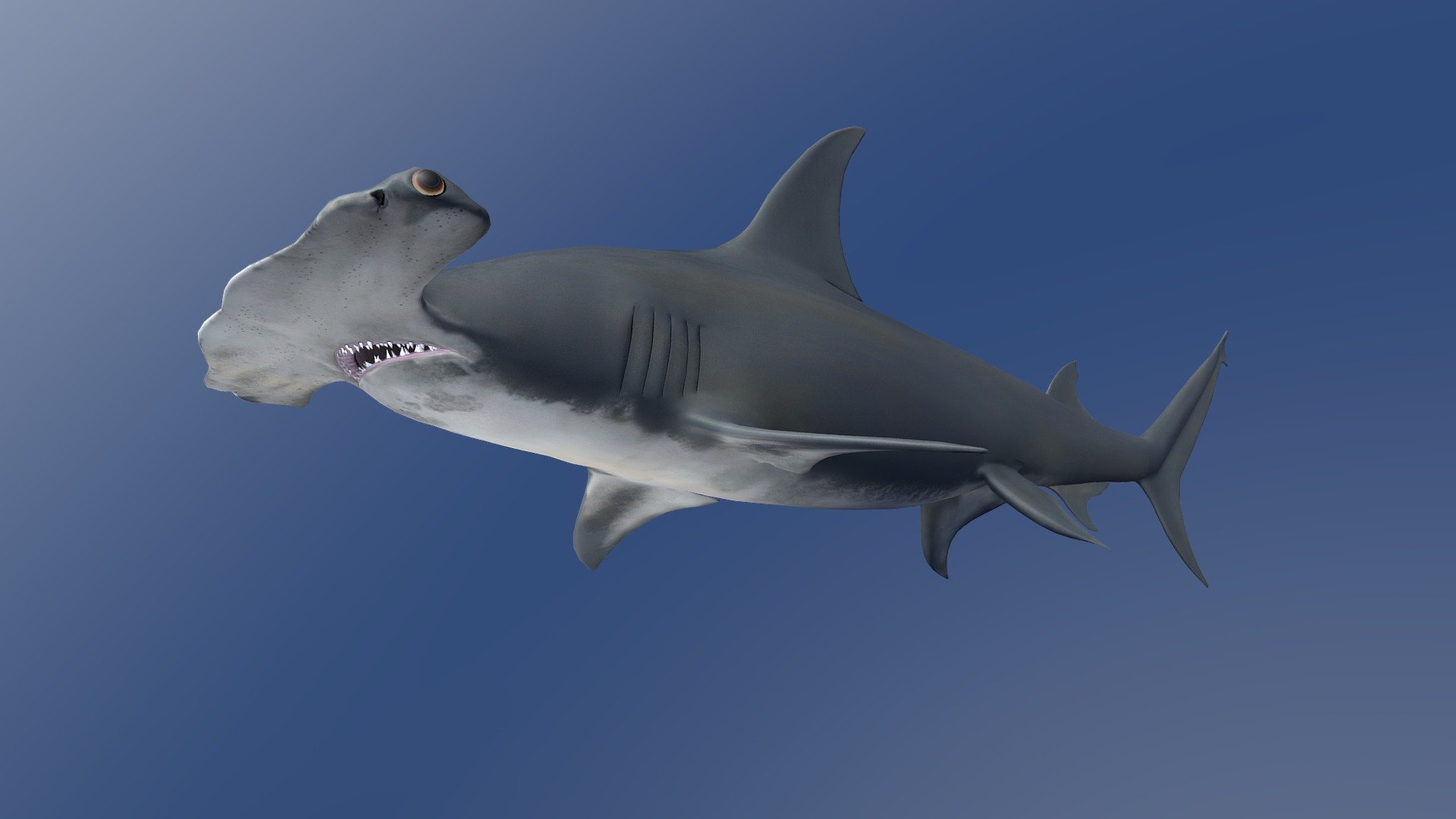Sea lions are fascinating marine mammals known for their playful behavior, intelligence, and unique social structures. They play a crucial role in their ecosystems and contribute significantly to marine biodiversity. However, like many species, they face threats from habitat loss, climate change, and human activities. But what would happen if sea lions went extinct? This article explores the potential ecological, economic, and social consequences of losing these remarkable creatures.
Understanding Sea Lions
Before delving into the implications of their extinction, it’s essential to understand what sea lions are and their role in the marine environment.
Characteristics and Habitat
Sea lions belong to the family Otariidae, which includes fur seals and other eared seals. There are several species of sea lions, with the California sea lion (Zalophus californianus) being one of the most well-known. Sea lions are characterized by their external ear flaps, long front flippers, and ability to “walk” on land using their flippers. They are found along the coasts of the Pacific Ocean, with significant populations in North America and South America.
Role in the Ecosystem
Sea lions are apex predators in their marine environments. They primarily feed on fish, squid, and other marine organisms, helping to maintain the balance of marine ecosystems. By controlling prey populations, sea lions contribute to the health and diversity of the ocean.

The Ecological Impact of Sea Lion Extinction
The extinction of sea lions would have significant ecological ramifications:
Disruption of Food Chains
As apex predators, sea lions occupy a critical position in the food web. Their absence would lead to an overpopulation of their prey species, such as fish and squid. This increase in prey populations could result in overfishing of other marine species, leading to a cascading effect throughout the ecosystem. For instance, if fish populations exploded due to the lack of predation, it could lead to overgrazing of plankton, which is vital for the ocean’s health.
Loss of Biodiversity
Sea lions contribute to the overall biodiversity of marine ecosystems. Their extinction would mean the loss of an important predator, which could alter the balance of various marine species. Biodiversity is essential for ecosystem resilience, and a decline in species diversity can make marine environments more vulnerable to disease and climate change.
Alteration of Marine Habitats
By preying on certain fish species, sea lions help maintain healthy habitats such as kelp forests and coral reefs. Without sea lions to control fish populations, these habitats could experience shifts that may favor invasive species, further disrupting the ecosystem.
The Economic Impact of Sea Lion Extinction
The extinction of sea lions would also have economic repercussions, particularly for communities and industries that rely on marine resources:
Fishing Industry Consequences
The fishing industry could be significantly impacted by the loss of sea lions. As the populations of prey species such as fish and squid increase unchecked, the dynamics of commercial fishing could change. Overfishing of certain species may occur as fishermen attempt to meet demand, leading to further ecological imbalances. Additionally, the fishing industry often relies on the presence of healthy marine ecosystems, which could be jeopardized without sea lions.
Ecotourism Decline
Sea lions are popular attractions for ecotourism, with many people visiting coastal areas to observe these playful mammals in their natural habitat. The extinction of sea lions would reduce tourism opportunities, negatively affecting local economies that depend on visitor spending in marine parks and coastal communities.
Loss of Cultural Significance
For many Indigenous communities and cultures, sea lions hold significant cultural importance. Their extinction would mean the loss of a species that has been intertwined with local traditions, stories, and practices. This loss can have profound effects on cultural identity and heritage.
The Social Impact of Sea Lion Extinction
Beyond ecological and economic ramifications, the extinction of sea lions would have social implications:
Changes in Marine Conservation Efforts
The extinction of a charismatic species like the sea lion could lead to a shift in public interest and awareness regarding marine conservation. Sea lions often serve as flagship species, helping raise awareness about the importance of protecting marine ecosystems. Their loss might diminish public engagement and funding for conservation initiatives aimed at preserving ocean habitats.
Educational Loss
Sea lions are frequently featured in educational programs, aquariums, and wildlife centers. Their extinction would result in a loss of educational opportunities for people to learn about marine ecosystems and the importance of conservation. This lack of awareness could perpetuate the cycle of environmental degradation.

What Can Be Done to Prevent Sea Lion Extinction?
Preventing the extinction of sea lions requires concerted efforts at multiple levels:
Habitat Protection
Protecting and restoring marine habitats is essential for the survival of sea lions and their prey species. This includes establishing marine protected areas (MPAs) that provide safe havens for sea lions to breed, feed, and rest.
Sustainable Fishing Practices
Implementing sustainable fishing practices can help reduce overfishing and maintain healthy fish populations. This includes regulating catch limits, minimizing bycatch, and promoting responsible fishing methods that consider the ecological balance of marine environments.
Climate Change Mitigation
Addressing climate change is crucial for protecting sea lions and their habitats. Efforts to reduce greenhouse gas emissions and promote renewable energy can help mitigate the impacts of climate change on marine ecosystems.
Public Awareness and Advocacy
Raising public awareness about the importance of sea lions and marine conservation can mobilize communities to take action. Advocacy for policies that protect marine habitats and promote sustainable practices is essential for ensuring the survival of sea lions.
Conclusion
The extinction of sea lions would have far-reaching consequences for marine ecosystems, economies, and societies. As apex predators, their absence would disrupt food chains, lead to a loss of biodiversity, and alter marine habitats. Economically, the fishing industry and ecotourism would suffer, while socially, communities would lose cultural and educational opportunities.
To prevent the extinction of sea lions, we must work collectively to protect their habitats, promote sustainable practices, and raise awareness about their importance in marine ecosystems. By taking action now, we can ensure that future generations will have the opportunity to appreciate and learn from these incredible creatures.
Other Articles: DIY vs. Professional Stump Removal – Which Option is Right for You?



